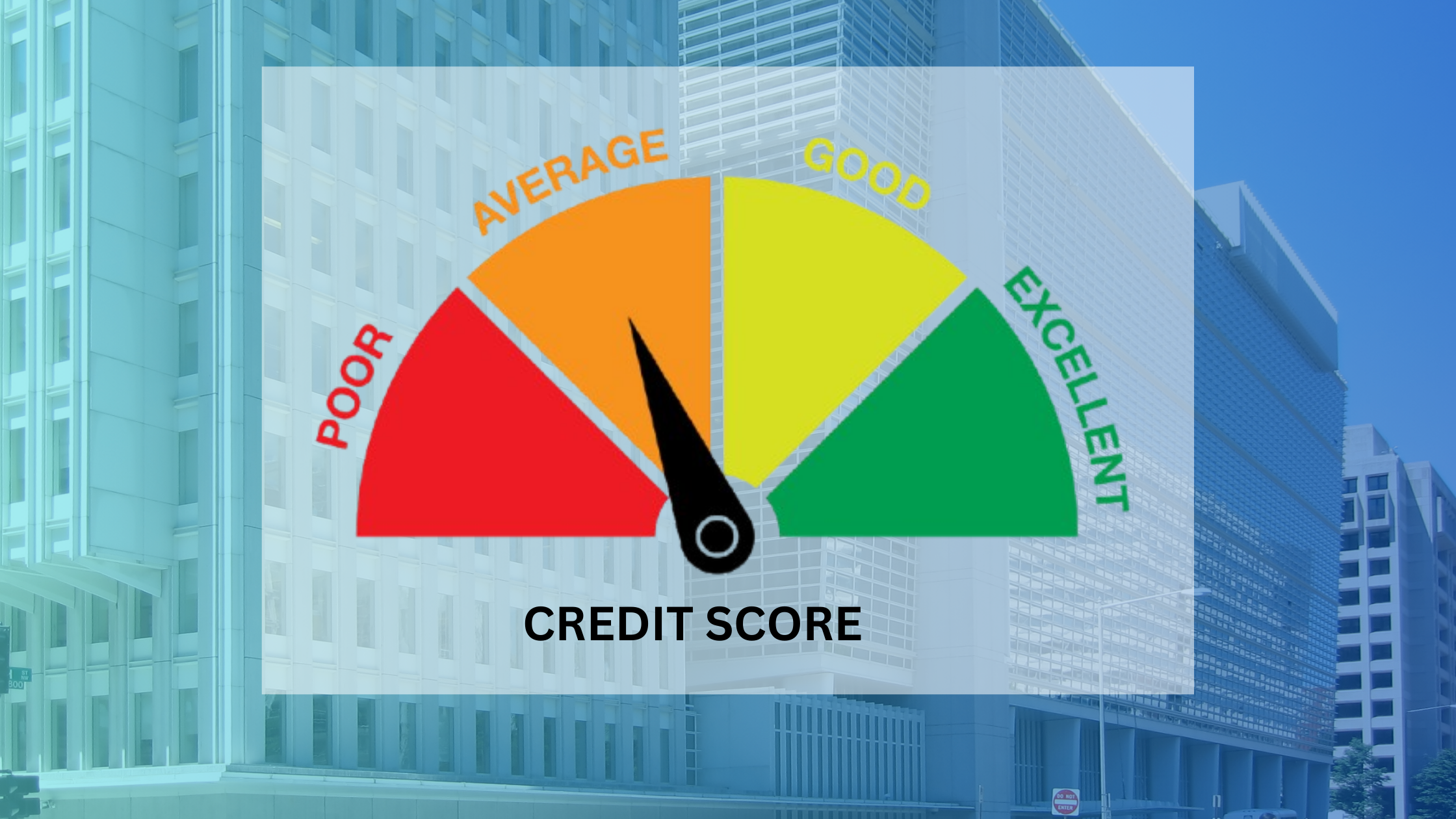
The CIBIL score, commonly known as a credit score, plays a pivotal role in shaping your financial life. It determines your eligibility for loans and reflects your overall financial discipline. To make the credit system more transparent and customer-friendly, the Reserve Bank of India (RBI) has implemented six new rules regarding CIBIL scores. These changes will come into effect starting January 1, 2025. Here's a detailed look at these rules and how they impact you.
A CIBIL score is a three-digit number ranging from 300 to 900 that evaluates your creditworthiness based on your financial behavior and credit history. A score of 750 or above is considered excellent and increases the likelihood of loan approvals.
Bi-Monthly Updates to CIBIL Scores
Until now, CIBIL scores were updated once a month. Under the new rules, they will be refreshed twice a month—on the 15th and at the month's end. This ensures you can monitor your score more frequently and make necessary adjustments to improve it in a timely manner.
Alerts for Credit Report Inquiries
Whenever a bank or financial institution reviews your credit report, you will receive a notification via SMS or email. This added transparency keeps you informed about who is accessing your credit data and why.
Clear Reasons for Loan Rejection
If your loan application is denied, the bank must now provide a specific reason. This helps borrowers understand their shortcomings and work on improving their credit profiles.
Annual Free Credit Report
Credit information companies are now required to offer consumers one free detailed credit report each year. This allows you to keep track of your financial health and plan strategies to enhance your creditworthiness.
Pre-Default Alerts from Banks
Before a default occurs, banks are now obligated to warn borrowers. These notifications give you the opportunity to make overdue payments on time, preventing negative impacts on your credit score.
Faster Complaint Resolutions
Under the new rules, credit-related complaints must be resolved within 30 days. Failure to do so will result in penalties for credit bureaus. This ensures a quicker resolution of issues and empowers customers.
The new RBI guidelines aim to enhance transparency, accountability, and customer protection in the credit system.
The RBI's new rules for CIBIL scores are a significant step toward empowering borrowers and promoting financial discipline. These changes not only make the credit system more transparent but also provide borrowers with the tools they need to maintain a strong financial profile.
By keeping a close watch on your credit score, managing your finances responsibly, and leveraging the benefits of these new rules, you can secure a brighter financial future. Remember, a strong CIBIL score isn’t just a number—it’s a gateway to better financial opportunities and stability.
